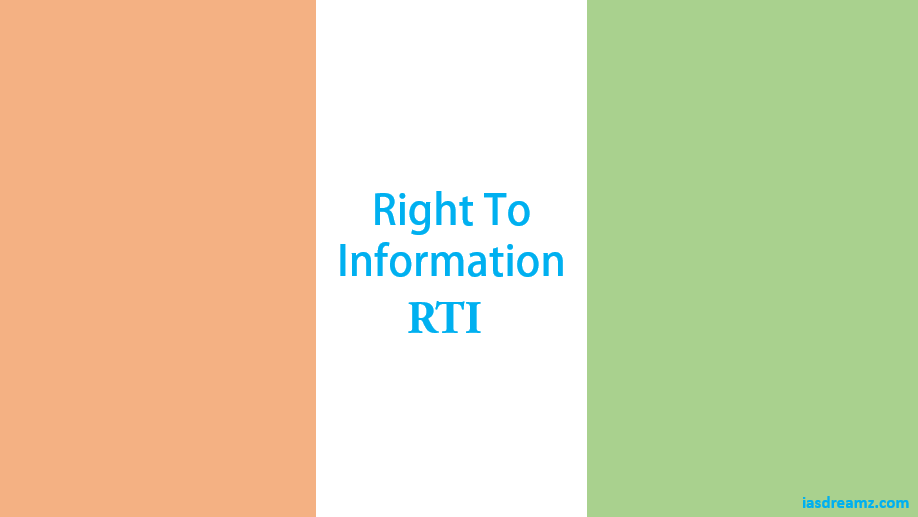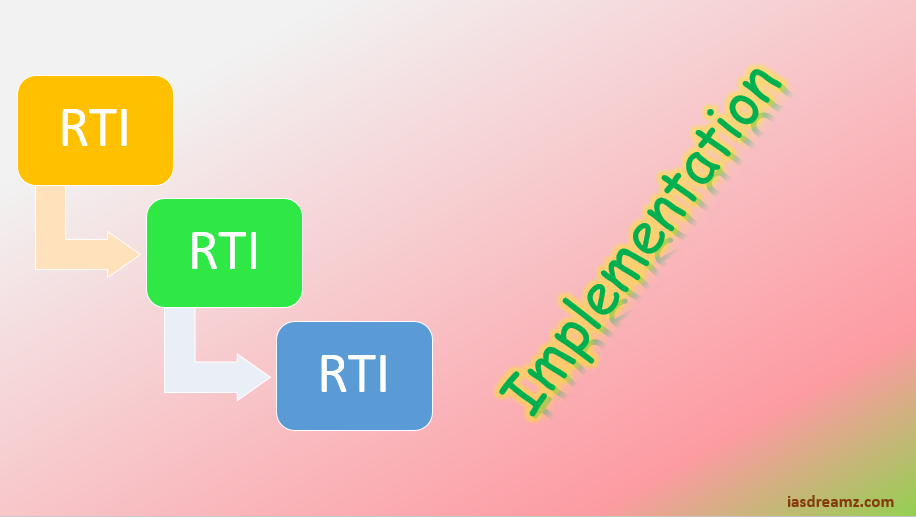Right to Information/RTI Act is a path-breaking legislation which signals the march from darkness of secrecy to dawn of transparency. It lights up the mindset of public authorities, which is clouded by suspicion and secrecy.
Openness in the exercise of public power – Executive, Legislative or Judiciary – is a culture, which needs to be nurtured, with privacy and confidentiality being an exception.
The transformation from non-transparency to transparency and public accountability is the responsibility of all three organs of State.
The effective implementation of the Right to Information Act will create an environment of vigilance. It will help promote functioning of a more participatory democracy.
In a democracy where people govern, openness is a necessity. It enables citizens to participate fully in the decision-making process.
Right to Information/RTI should not be seen as a draconian law for paralyzing Government. But as an instrument for improving Government – citizen interface resulting in a friendly, caring and effective Government functioning for the good of the people.
Right to Information/RTI has strengthened participatory democracy. It ushered in for people centred governance.
The Judiciary could be a pioneer in implementing the Act in letter and spirit because much of the work that the Judiciary does is open to public scrutiny.
Access to information can empower the poor and the weaker sections of society to demand and get information about public policies and actions, thereby leading to their welfare.

Without good governance, no developmental schemes can bring improvements in the quality of life of the citizens.
Good governance has four elements- transparency, accountability, predictability and participation.
Transparency refers to availability of information to the general public and clarity about functioning of governmental institutions. Transparency in government organizations makes them function more objectively thereby enhancing predictability.
Right to Information/RTI opens up government’s records to public scrutiny. Thereby, arming citizens with a vital tool to inform them about what the government does and how effectively, thus making the government more accountable.
Information about functioning of government also enables citizens to participate in the governance process effectively.
Efficient and effective institutions are the key to rapid economic and social development, institutions which can translate promises into policies and actionable programmes with the least possible cost and with the maximum possible efficiency.
For institutions to be effective they must function in a transparent, responsible and accountable manner.
RTI will bring into effect a critical right for enforcing other rights. It will fill a vital gap in a citizen’s framework of rights
One of the terms of reference of the Administrative Reforms Commission pertains to the Freedom of Information, specifically the following aspects: –
- To review the confidentiality classification of government documents specially with reference to the Official Secrets Act.
- To encourage transparency and access to non-classified data.
- Disclosure of information and transparency as a supplement to the Right to Information of the citizens.
Enactment of Right to Information/RTI
In India, the Official Secrets Act, 1923 was a convenient smokescreen to deny members of the public access to information.
In recognition of the need for transparency in public affairs, the Indian Parliament enacted the Right to Information Act (hereinafter referred to as the RTI Act or the Act) in 2005.
The Constitution guaranteed the Right to information implicitly. The Act sets out the practical regime for citizens to secure access to information on all matters of governance.
Access to information under this Act is extensive with minimum exemptions. Even these exemptions are subject to strict safeguards.
References:
